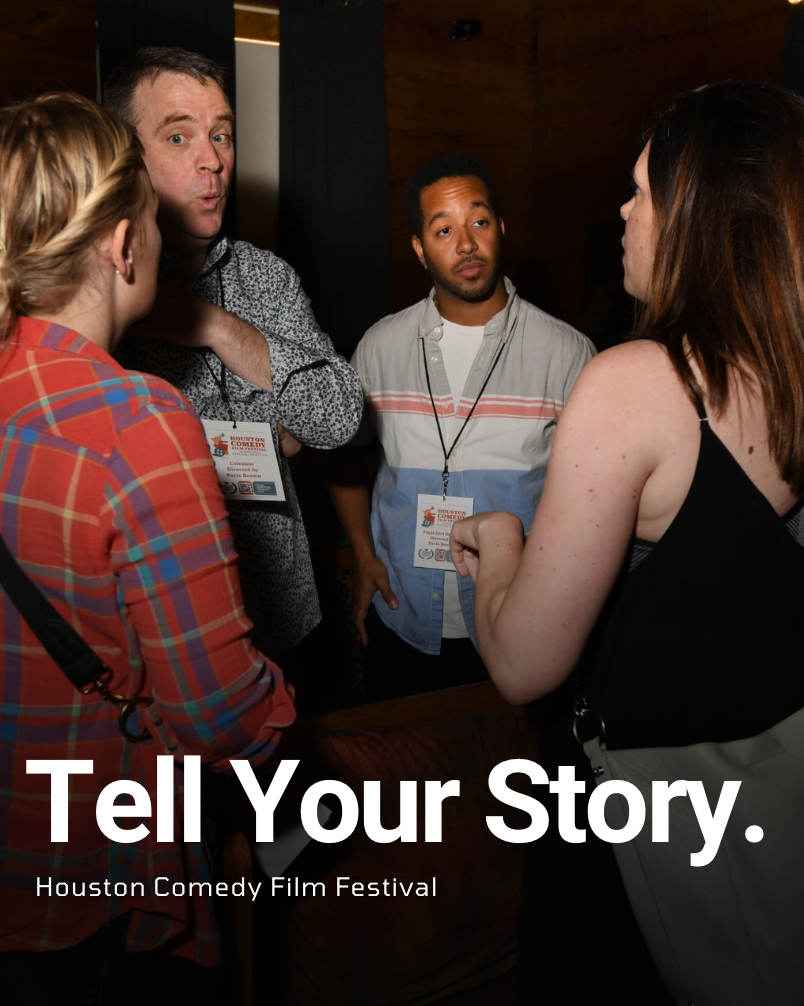Entertainment
California Bans AI Clones from Replacing Real Talent
California just made a dramatic stand for human creativity, defeating the threat of AI actor clones with a sweeping new law that puts people—not algorithms—back in the Hollywood spotlight. With the stroke of Governor Gavin Newsom’s pen in October 2025, the state has sent a clear message to studios, tech companies, and the world: entertainment’s heart belongs to those who create and perform, not to digital facsimiles.
California Draws a Hard Line: No More AI Clones
For months, the entertainment industry has been divided over the use of artificial intelligence in filmmaking. Studios, lured by promises of cost-cutting and creative flexibility, have invested in software that can mimic an actor’s face, voice, and even emotional range. But for performers, this wave of synthetic reproduction has triggered alarm—encouraged by chilling stories of deepfakes, unauthorized digital doubles, and contracts that let studios reuse a star’s likeness indefinitely, sometimes without pay or approval.
The new California law, anchored by AB 2602 and AB 1836, changes everything:
- Every contract must explicitly detail how studios can use digital replicas or voice models, preventing once-common “blank check” agreements that overlooked this risk.
- No one—not studios nor streaming giants—can create or release AI-generated clones of an actor, living or dead, without clear, written consent from the performer or their estate.
- The law gives families new powers to defend loved ones from posthumous deepfake exploitation, closing painful loopholes that once let virtual versions of late icons appear in new ads, films, or games.
Actors Celebrate a Major Victory
The legislation rides the momentum of the recent SAG-AFTRA strike, where real-life talent demanded control over their own digital destinies. Leaders say these protections will empower artists to negotiate fair contracts and refuse participation in projects that cross ethical lines, restoring dignity and choice in an industry threatened by silent algorithms.
Stars, unions, and advocacy groups are hailing the law as the most robust defense yet against unwanted AI replications.
As one actor put it, “This isn’t just about money—it’s about identity, legacy, and respect for real artists in a synthetic age.”
A New Chapter for the Entertainment Industry
California’s move isn’t just a victory for local talent—it’s a warning shot to studios everywhere. Companies will now be forced to rethink production pipelines, consult legal counsel, and obtain proper clearance before digitally cloning anyone. Global entertainment platforms and tech developers will need to comply if they want to do business in the world’s entertainment capital.
These laws also set a template likely to ripple through other creative fields, from musicians whose voices can be synthesized to writers whose work could be mimicked by generative AI. For now, California performers finally have a powerful shield, ready to fight for the right to shape their own public image.
Conclusion: Human Talent Takes Center Stage
With its no-nonsense ban on AI actor clones, California draws a bold line, championing the work, likeness, and very humanity of its creative stars. It’s a landmark step that forces the entertainment industry to choose: respect real talent, or face real consequences. The age of the consentless digital double is over—human performers remain the true source of Hollywood magic.
